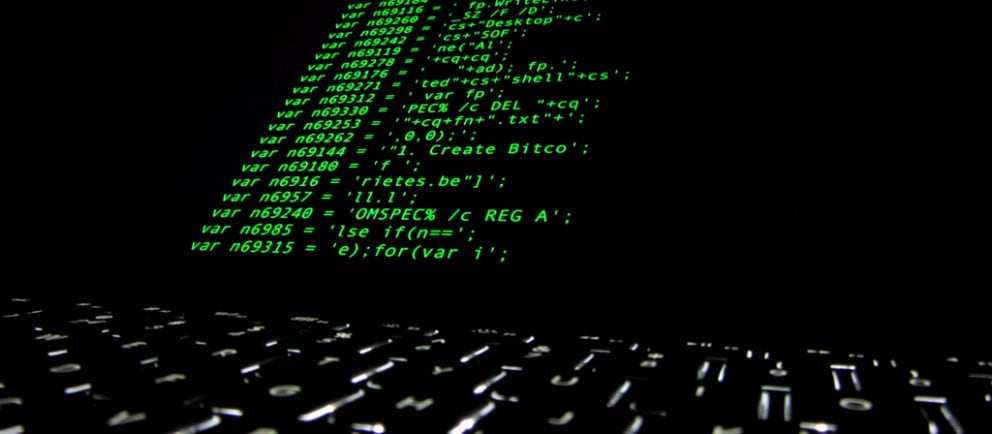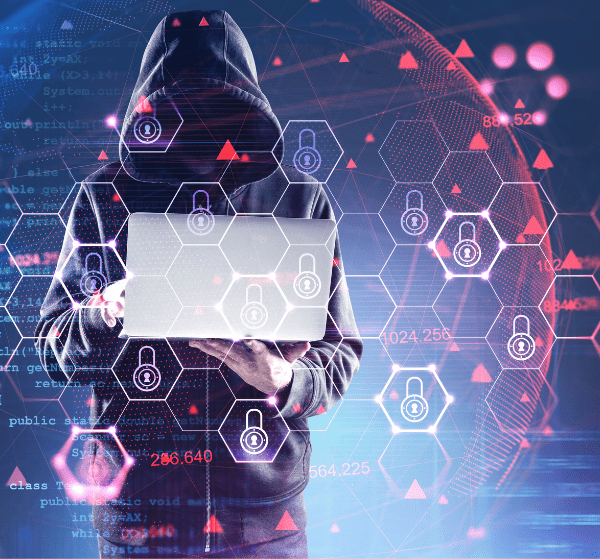Over the weekend, a lot of large organisations were hit by a new ransomware virus.
These viruses install themselves on your PC, encrypt your files so you can no longer access them and then demand a ransom to unlock them again.
These viruses have been going around for a while and anyone who’s been hit by one will appreciate how disruptive they can be. Not only do you lose access to your files, but in a business with multiple computers, they can also stop your applications from running (for example Sage and CRM programs).
The main difference with the one that hit over the weekend is that it has the ability to spread across the network – so you don’t just have one computer encrypting files, but lots of them – a complete nightmare!
These viruses are developing all the time, so there’s always a bit of a cat and mouse game going on between the IT industry (antivirus companies, IT Support companies and companies like Microsoft) and the people writing the viruses. It is a constant battle.
However, there are some steps you can take to minimise the risks, we’ve included them below to help you protect yourselves.
1 – Be extremely careful with emails!
This is the most important thing so I’ve included it first. Educate yourself and your employees to be extremely careful with emails. To become infected with a virus, it has to get onto your network. Unless your network is really badly set up, the only way they can get in is if someone runs the virus from within your network. This is usually happens when someone opens an infected email attachment or link.
These emails are extremely clever and can appear to come from colleagues, people you know, your scanner and so on. But anything with a link in it or anything with an attachment should be treated with extreme care.
If you have IT Support, you should encourage your staff to be highly suspicious and get emails checked by your IT Support company at the slightest sign of anything being wrong.
Your emails should be filtered for viruses and junk mail, if they’re not, this is something you should get set up. However, even if they are, your email is likely to be bombard with these emails, most are being blocked, but the occasional one will probably slip through.
But the most important point here is, if you don’t run the virus, it won’t be able to effect you.
2 – Run Good Antivirus Software
Antivirus software isn’t fool proof, if a virus is new and your antivirus provider hasn’t written a signature file for it yet, or it hasn’t been installed on your computer, it can miss a virus.
But generally, good antivirus software will pick up and block most viruses. If you do get infected, the antivirus software helps to clear everything up and stop the ransomware from doing too much damage.
If you are a business with multiple PCs, having centrally managed antivirus that is designed for business gives your IT Support company the ability to make sure your antivirus is working and in the event of an issue, force all machines to update and run a scan.
As an example, over the weekend, we have been able to check, update and scan all of our clients PCs, so the first things they have done when switched on on Monday morning is run a full update and scan. Fortunatley, no infections were found, but if one of our clients had of been infected, this action would have stopped the virus in its tracks and minimised any damage caused.
3 – Keep your Computer Up to Date
As mentioned above, the main difference with this virus was its ability to spread over the network. But it was only able to do this if your Operating System wasn’t up to date. So if you hadn’t been installing your Windows Updates or if you were running an old an unsupported version of Windows such as Windows XP for which the updates are no longer provided by Microsoft (although they have now released a patch for this particular virus).
This should act as a wake up call to people still running Windows XP. If you really must run it for old systems, speak to your IT company and get them to isolate it from the network.
If you run a business, it is very difficult to make sure that every single computer is up to date. That’s why it’s important in this case to use centralised Patch Management software. For example, we were able to check over the weekend that our clients had the patch which prevented the virus from spreading installed.
4 – Keep Good, Offsite Backups
Whether you have backups or not, getting infected with ransomware is very disruptive. But there is a difference between not being able to use your system for a few hours and actually losing all your data.
If you have backups, at least it can be restored.
But if you just rely on RAID, Shadow Copies, Replication or a USB drive, a sophisticated Ransomware virus is going to try and encrypt these copies of your data as well.
It’s very easy to either have a rotating offsite backup or, even better, have an online backup with revision history – so if your files get encrypted and then upload to your online backup, you can go back to the previous version, from before your files were encrypted.
How TwoPointZero Can Help
Protecting Emails
We provide an excellent filtering system to prevent viruses getting through.
Our Smart IT Support provides our clients with unlimited IT Support, so they are able to ask us as much as they like about emails they are unsure about and are encouraged to.
We try to educate and support our clients by encouraging them to be cautious of emails, providing good advice and training.
Good Antivirus Software
We provide centrally managed Antivirus software which ties in with our 24/7 Proactive monitoring software.
So, if a computer we support has a problem with its antivirus (isn’t working, isn’t installed, is out of date), it alerts us straight away, allowing us to fix the issue before they get a virus.
If a computer gets a virus, it alerts us straight away as well.
We are able to remotely schedule updates and scans of all our clients from a central place and monitor the results.
At the moment, our Smart Antivirus is provided free of charge with new Essentials and Essentials+ IT Support packages.
Windows Updates
Our 24/7 Monitoring system includes Patch Management which enables us to centrally manage and monitor Windows Updates, to make sure they’re installed and fix any issues installing them in advance.
Offsite Backups
Our Smart Cloud Backup solution automatically backs up your data all the time and keeps unlimited versions so it provides excellent protection against ransomware as well as more traditional threats.
Cleaning Up
If you’ve been hit by a virus like ransomware, we’re able to fully clean up efficiently and safely.
If you’ve been infected and need some help, or would like to protect yourself from ransomware, get in touch!


